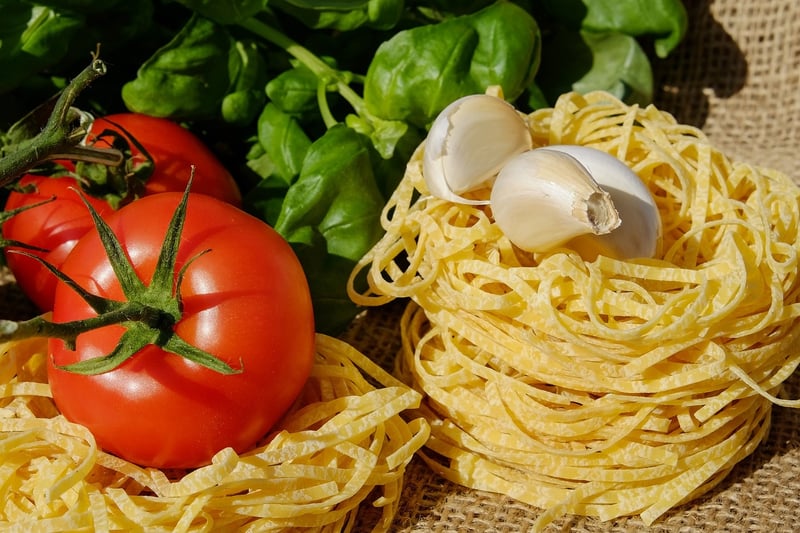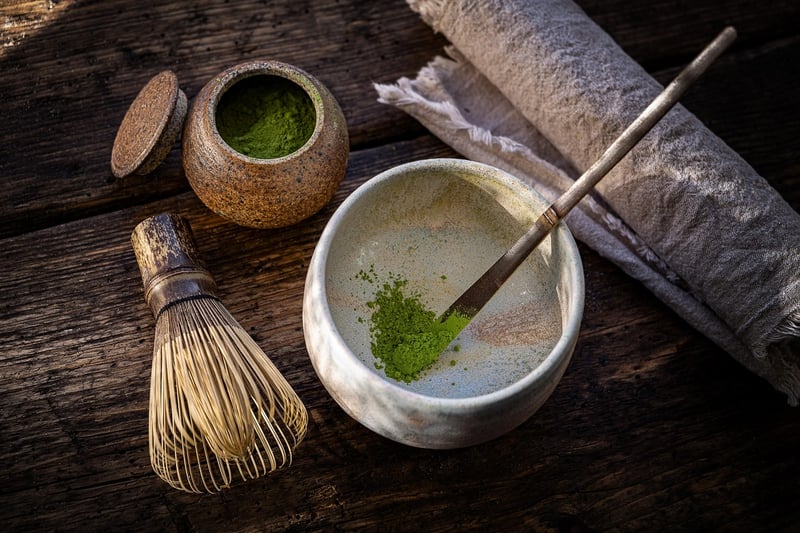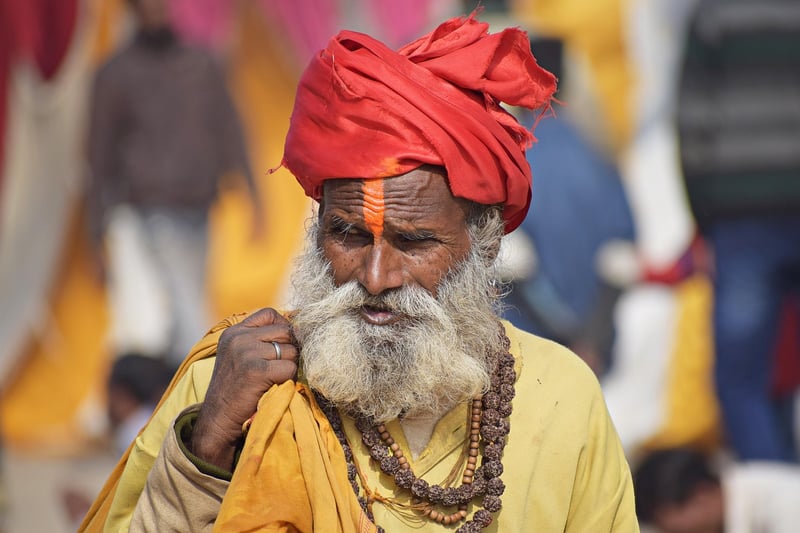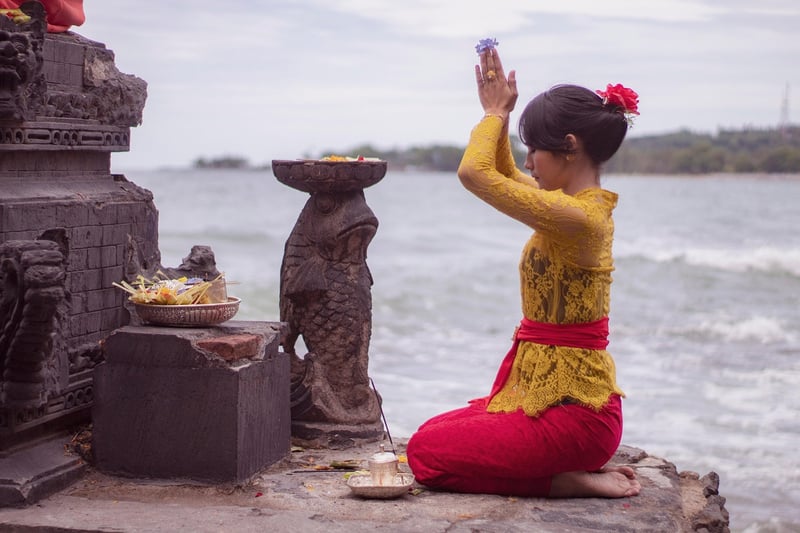Traditional Customs
Exploring Culinary Traditions and Traditional Customs
Food is not just about sustenance; it is a reflection of culture, history, and tradition. Culinary traditions around the world offer a glimpse into the rich tapestry of customs that have been passed down through generations. Let's delve into the fascinating world of culinary traditions and the traditional customs that accompany them.
Italian Cuisine: A Taste of Tradition
Italian cuisine is renowned worldwide for its simplicity and fresh ingredients. From the hearty pasta dishes of the north to the seafood specialties of the south, Italian food is a celebration of regional diversity. Traditional customs like the feast of the seven fishes on Christmas Eve or the Sunday family gatherings for a leisurely meal showcase the importance of food in Italian culture.

Japanese Tea Ceremony: The Art of Hospitality
The Japanese tea ceremony, known as Chanoyu, is a traditional ritual that emphasizes harmony, respect, and tranquility. It is not just about drinking tea but a choreographed performance that reflects Japanese aesthetics and cultural values. The meticulous preparation of matcha tea and the serene surroundings of a tea house create a unique sensory experience.

Mexican Day of the Dead: Honoring Ancestors Through Food
The Mexican Day of the Dead, or Día de los Muertos, is a vibrant celebration that honors deceased loved ones. Central to this tradition is the preparation of altars, or ofrendas, adorned with marigolds, candles, and the favorite foods of the departed. Families gather to share stories, music, and traditional dishes like tamales and pan de muerto, creating a festive atmosphere of remembrance.

Indian Spices: The Heart of Flavor
Indian cuisine is a vibrant tapestry of flavors, colors, and aromas, largely thanks to its rich array of spices. Each spice has its own significance and is used not just for flavor but also for its medicinal properties. Traditional customs like the preparation of masalas (spice blends) or the use of turmeric in wedding ceremonies highlight the integral role of spices in Indian culinary traditions.

Exploring culinary traditions and traditional customs allows us to appreciate the cultural significance of food beyond mere nourishment. It offers a window into the soul of a community, showcasing its values, beliefs, and history through the flavors and rituals that have stood the test of time.
